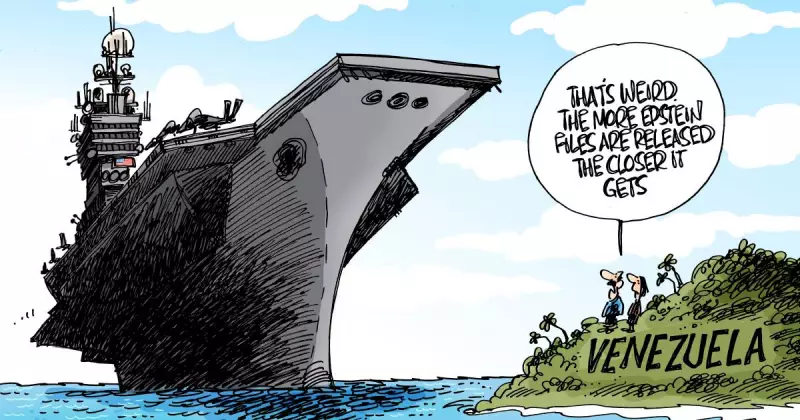
Climate action has emerged as the decisive factor for electoral success in Australia, with voting patterns and opinion research consistently demonstrating strong mainstream support for effective environmental policies and renewable energy initiatives.
The Unstoppable March of Climate Policy
The political debate has fundamentally shifted from whether Australia should maintain net zero as a long-term policy position to what consequences political parties will face for abandoning these commitments. The demographic landscape of Australian voters has transformed significantly since Tony Abbott narrowly secured leadership of the Liberal Party in 2009, during a period marked by rebellion against climate policy bipartisanship.
Generation X and Millennial voters demonstrate markedly different attitudes toward climate issues compared to previous generations. These demographic groups show greater awareness of climate risks and appear more willing to penalise political inaction or policy instability on environmental matters at the ballot box.
Inner-City Electoral Pressures Reshape Politics
The democratic process continues to exert significant pressure on career politicians, compelling even traditionally conservative figures to moderate their positions on climate policy. Tim Wilson's recent transformation illustrates this trend vividly. The inner-city MP, having narrowly retained his seat, has surprisingly positioned himself as a Liberal moderate by publicly advocating against abandoning net zero commitments before Wednesday's crucial party room discussion.
What's particularly noteworthy is how Wilson's stance has been characterised as moderate within contemporary Liberal Party circles, despite his previous alignment with the party's right wing. This recalibration highlights the growing political imperative for climate-responsible positioning, even among traditionally conservative politicians.
Historical Parallels and Contemporary Concerns
Meanwhile, questions about transparency and gubernatorial responsibility have resurfaced in political discourse. Governor-General Sam Mostyn recently stated she "could not imagine" a recurrence of the 1975 constitutional crisis that saw Prime Minister Gough Whitlam dismissed from office.
However, parallels emerge with the controversy surrounding former Prime Minister Scott Morrison's secret appointment to five ministries by then Governor-General David Hurley. The lack of public disclosure about these appointments has raised important questions about transparency and accountability in Australia's democratic institutions.
As these debates unfold, the political landscape continues to be shaped by historical interpretations and contemporary environmental imperatives. The conversation around commemorating former leaders also reflects ongoing political divisions, with some arguing against publicly funded statues for historically contentious figures like Gough Whitlam.
Transport Data and Climate Commitments
Questions about reliable data collection have emerged as crucial for meeting climate targets. Concerns about Transport Canberra's performance reporting for the 2024-25 period highlight broader challenges in accurately measuring progress toward greenhouse gas reduction goals.
With communities needing to significantly shift travel patterns to meet government emissions commitments, the quality of transportation data becomes increasingly important. Inaccurate or incomplete reporting could undermine efforts to track and achieve critical environmental targets.
The evolving Australian political landscape demonstrates that climate action is no longer a niche concern but a central determinant of electoral success. Parties that fail to recognise this new reality risk alienating growing segments of the electorate, particularly among younger voters who prioritize environmental responsibility in their political decision-making.





